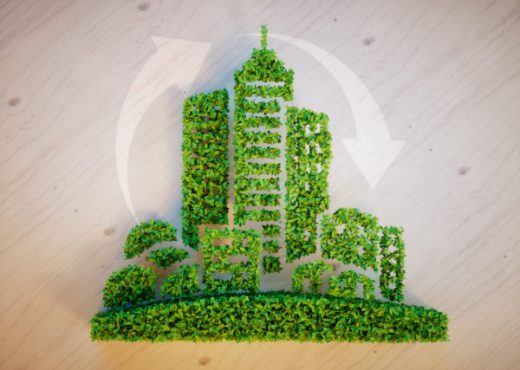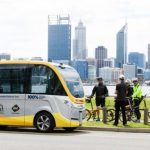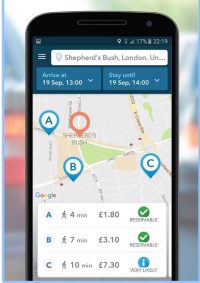Sustainability will be driving the smart city bus by 2020
Sustainability will be driving the smart city bus by 2020

A new study predicts that smart cities will be going green in a big way over the next five years, driven by international efforts to reduce carbon emissions.
A new report from research firm Gartner predicted smart cities will move the sustainability file forward in line with the carbon reducing Paris COP21 deal.
COP21 was signed on by 195 countries and seeks to substantially curb greenhouse emissions by cities.
In light of this, Gartner expects that at least half of global smart cities will use climate change, sustainability and resilience as key performance indicators by 2020.
“With the Horizon 2020 goals of energy efficiency, carbon emission reductions and renewable energy in mind, many cities in Europe have launched energy sustainability, resource management, social inclusion and community prosperity initiatives,” said Gartner research vice president Bettina Tratz-Ryan.
This report comes as industry pundits are suggesting that smart cities are inheriting the environmental mantle from the cleantech sector, which has fallen out of investor favor.
The advent of Internet of Things (IoT) technology will make a significant impact on ensuring cities of the future keep to their emissions targets. Gartner says IoT has helped create smart transit systems that increase efficiency and decrease pollution.
Sustainability efforts helped by ride-sharing and EVs
Also helping reduce transportation-related emissions are such innovations as ride-sharing, congestion charges and electrification of public transport.
“All of those examples are driving cleaner air, producing fewer GHG emissions and saving energy, while improving the noise levels and ambience on streets,” she said.
Smart buildings are another area where environmental improvements will have an impact on carbon emissions.
The integration of business management systems into commercial buildings will help cut pollution from lighting, heating and cooling. Such functions make up 60% of the energy consumption of the average commercial building.
“Implementing an integrated business management system for lighting and heating and cooling can reduce energy consumption by 50%,” said Tratz-Ryan. “This is a significant contribution to the commitments of cities to reduce their footprint of GHG.”
The post Sustainability will be driving the smart city bus by 2020 appeared first on ReadWrite.
(20)














